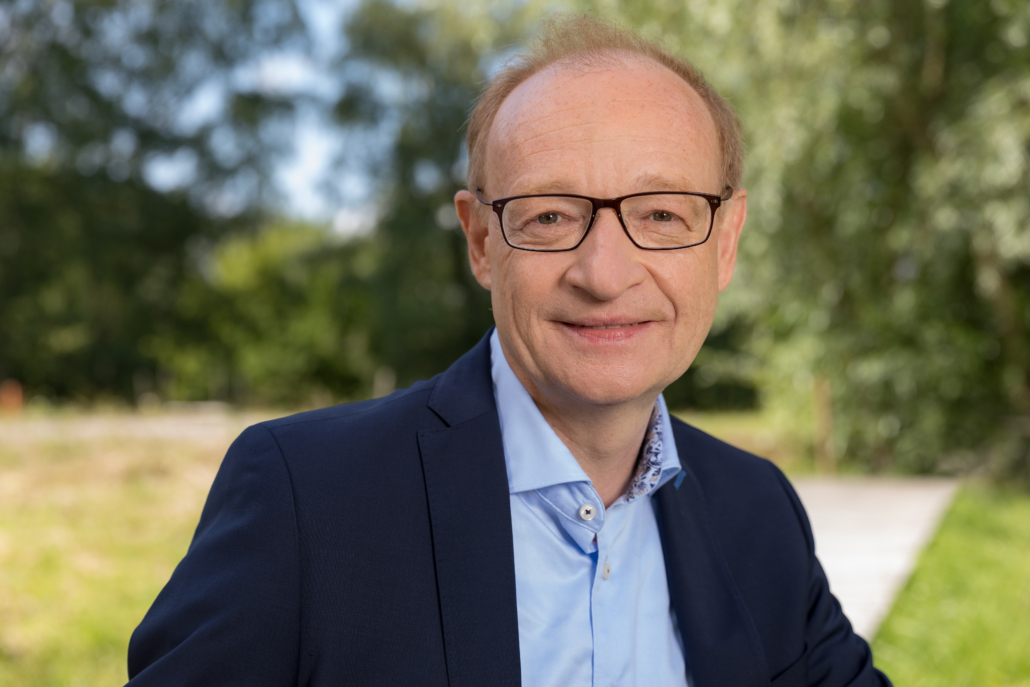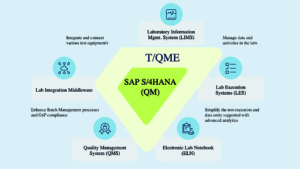
The Next Big Thing: “Biologisation”
The development of a sustainable bio-based economy will lead to disruptive economic changes. Venture capitalists focused on targets to drive digitisation in the past are now moving their attention to the bioeconomy
Driven by innovation, changing consumer demand and public support, the transition from a fossil-linear to a bio-based circular economy will speed up. A redefinition of business models and many value chains, or more precisely value circles, are changing the entire economic landscape, step by step. We call it “biologisation”. Despite biologisation being a must to survive on the planet, it comes with a high level of uncertainty, which requires flexibility and a willingness to take risks. A perfect situation for the proliferation of start-ups and the successful investment of venture capital, mainly since most of the bioeconomy markets are enormous.
According to the European Commission, “the bio-based economy or bioeconomy involves the production of renewable biological resources (terrestrial and aquatic) and the conversion of these resources and waste streams into value-added products such as food, feed and bio-based products.”
A study by nova-Institute shows strong growth of the large European bioeconomy. A total of 18.6 million people are employed in the various sectors of the bioeconomy and generate a turnover of €2,300bn euros with a growth rate of 25% within one year. So, even moderate shifts in consumer demand lead to significant market volume increases.
However, bioeconomy investments are not an easy home run. Providing appropriate feedstock sources, production facilities, logistics, and sales in large growing, but sometimes also uncertain high competitive markets make scaling up of companies challenging. In addition, the regulatory framework ischanging for the better but is often uncertain. Therefore, you need excellent execution power, experience, and networks to scale your business and invest successfully in this sector. If you add innovation and a fantastic unique selling position on growing markets, you have chances to meet unicorn potential. In the food industry, you find impressive examples like Oatly valued at approximately €4bn or in the textile recycling industry Renewcell worth around €400m.
Investors allocating their capital to venture capital funds learned already that the trade-off between impact and IRR turned to synergy. They consider targets risky without affecting social development goals or aligning to environmental, social and good governance criteria. Therefore, they are open to investing in impact funds to participate in the exciting transformation opportunities to a sustainable bio-based economy. So, after digitisation, biologisation might be the next big thing.
Dr Michael Brandkamp, is one of the three founders and General Partners of the European Circular Bioeconomy Fund (ECBF) that recently was closed oversubscribed at €300m. Michael and his team’s goal is to speed up the transformation from a fossil-based to a bio-based circular economy in Europe. The German entrepreneur wrote and executed the business plan of High-Tech Gründerfonds (HTGF), the most active early-stage fund in Europe, investing in innovative technologies and business models since 2005. As the first managing director, he led HTGF until 2019. Michael has 25 years of experience in investment and management in the venture capital industry.
This article was originally published in European Biotechnology Magazine Spring Edition 2022.


 T. Rowe Price
T. Rowe Price Sandoz
Sandoz Tenthpin Solutions AG
Tenthpin Solutions AG